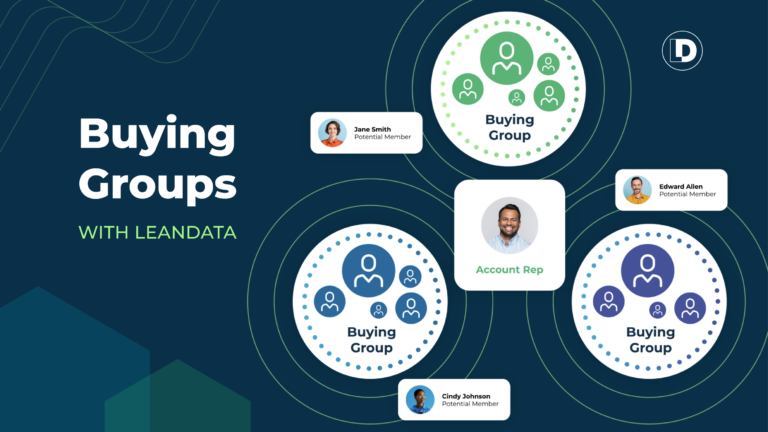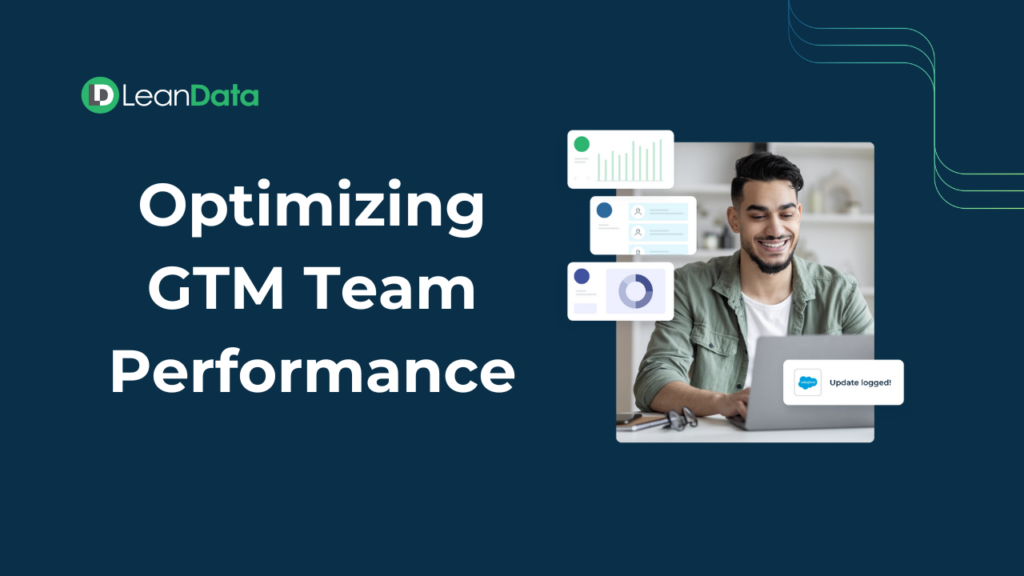Overview
With a business model historically rooted in channel sales, F5 lacked an efficient process for managing inbound leads. Their existing Salesforce lead assignment rules placed leads in unattended queues, waiting for manual review. This process delayed follow up, creating a poor customer experience and causing lead leakage. F5 needed a better system to track leads, respond to potential buyers more quickly and hold Sales teams accountable.
- Industry
- IT Services & IT Consulting
- Location
- Seattle, WA
- Interview with
- Gavin Grisham, Global Digital Sales Tools
Solutions
LeanData Matching
LeanData Routing
LeanData BookIt
Results
Thousands of hours of time saved
by Sales reps no longer having to manually sort and research leads.
Speed to lead and accountability
is now built into the lead management process.
Change management
for lead routing decreased from months to daily, as needed.
F5 is a global provider of security and application delivery software. F5’s products include load balancers, firewall managers, threat detection, login protection and many other cybersecurity tools.
F5’s business model relies heavily on channel partners acting as third-party resellers. However, digital buyers have been increasingly showing interest in F5, thus creating a steady flow of inbound leads largely due to the efforts of the Marketing, Demand Gen, and Business Development teams.
In his Global Digital Sales Tools role at F5, Gavin Grisham noticed that the existing Salesforce lead assignment rules placed deal registrations from the channel and inbound leads into different queues that were not monitored effectively. Plus, any changes to lead routing required several months of coordinating with the IT department.
Sporadically, employees sifted through lead queues to manually assign leads and screen for existing accounts. Sales reps would then spend even more time researching the lead record and attempting to schedule a meeting with the prospective buyer. As a result, leads were lost, overlooked, or received a delayed response — even when a potential buyer submitted an urgent cybersecurity-related request.
Under these conditions, Grisham could not determine if, how, or when lead follow up occurred. And not surprisingly, all of these challenges created a poor buying experience.
“Before LeanData we didn’t have any sense of how our Sales team was following up, if they were following up, or when they were following up. So leads fell through the cracks a lot or just took forever to get any attention,” says Grisham.
Game-Changing Speed to Lead
After implementing LeanData, Grisham noticed a radical improvement in speed to lead. Inbound requests, including urgent submissions, are now matched to accounts and routed quickly to the right team member, removing the queue middleman from the process. Sales reps receive an automated alert when a lead is assigned. As a result, prospective buyers and channel partners experience an immediate response.
With LeanData in play, F5 has instituted strict KPIs around service level agreements (SLAs). Grisham has the ability to track follow up and response time. Using LeanData’s Salesforce Sales Engagement integration, leads receive the right messaging based on lead type.
Speed to lead and customer experience have been further enhanced by the implementation of LeanData BookIt. This automated meeting scheduling solution allows prospective F5 buyers to schedule a meeting at the precise moment they express interest. Buyers now have a faster, more efficient way to have a conversation with an F5 team member.
Greater Visibility to Inform Business Decisions
After viewing tracking and reporting data from LeanData, Grisham noticed that leads routed directly to Account Managers were not receiving a timely response. Equipped with better visibility into the process, F5 shifted their lead routing strategy. Leads are now routed to BDR teams solely focused on quick follow up. Because of this shift, Grisham has seen a huge uptick in response rates, driving a better customer experience.
With LeanData, Grisham is able to track key business metrics like: (1) How many meetings are generated from leads? (2) What’s the pipeline contribution from different business units? (3) How quickly does follow up occur with different types of leads? and (4) How much revenue is closed from the leads?
Invaluable Time Savings Across Several Teams
LeanData automations have freed F5 employees from time-consuming manual processes, shifting their focus to revenue-generating activities. Armed with LeanData, Grisham now can make changes to the lead routing logic without having to rely on outside support from the IT department, saving months of collaboration and time.
LeanData helps Grisham to resolve a variety of problems. As a result, he’s become a bigger asset and strategic partner across several departments: the BDR organization, Marketing, Sales and even Customer Success.
Another significant ROI is the time saved by the Sales team. Lead records are no longer routed to the wrong person, creating unnecessary confusion and wasting time. Manual research is no longer necessary.
Future Integration Plans
As F5 continues to grow, Grisham is looking at how he can continue to automate the sales process using LeanData partner integrations. “We’re excited about the integrations available now and those planned for the future because it allows us to be super strategic with how we use these other products.” he says.
Specifically, Grisham is looking at the Microsoft Teams integration, which automates instant notifications that rapidly alert team members any time a record is assigned to them. Grisham is also investigating the Cloudingo and Clearbit partner integrations.
Grisham says, “Lean Data is the core orchestration that makes things happen. Having those direct integrations is a huge help because then it’s just a couple of clicks. I can do a lot with just a little bit of automation.”
About F5
F5 (NASDAQ: FFIV) is a cybersecurity company that helps organizations optimize and secure their applications and API. F5 empowers organizations to provide secure digital experiences for their customers and continuously stay ahead of threats. Founded in 1996, F5 went public in 1999 and today employs more than 7,000 people across 76 locations in 43 countries. F5 solutions are deployed in 48 of the Fortune 50 companies and all 15 executive departments of the United States Cabinet.














